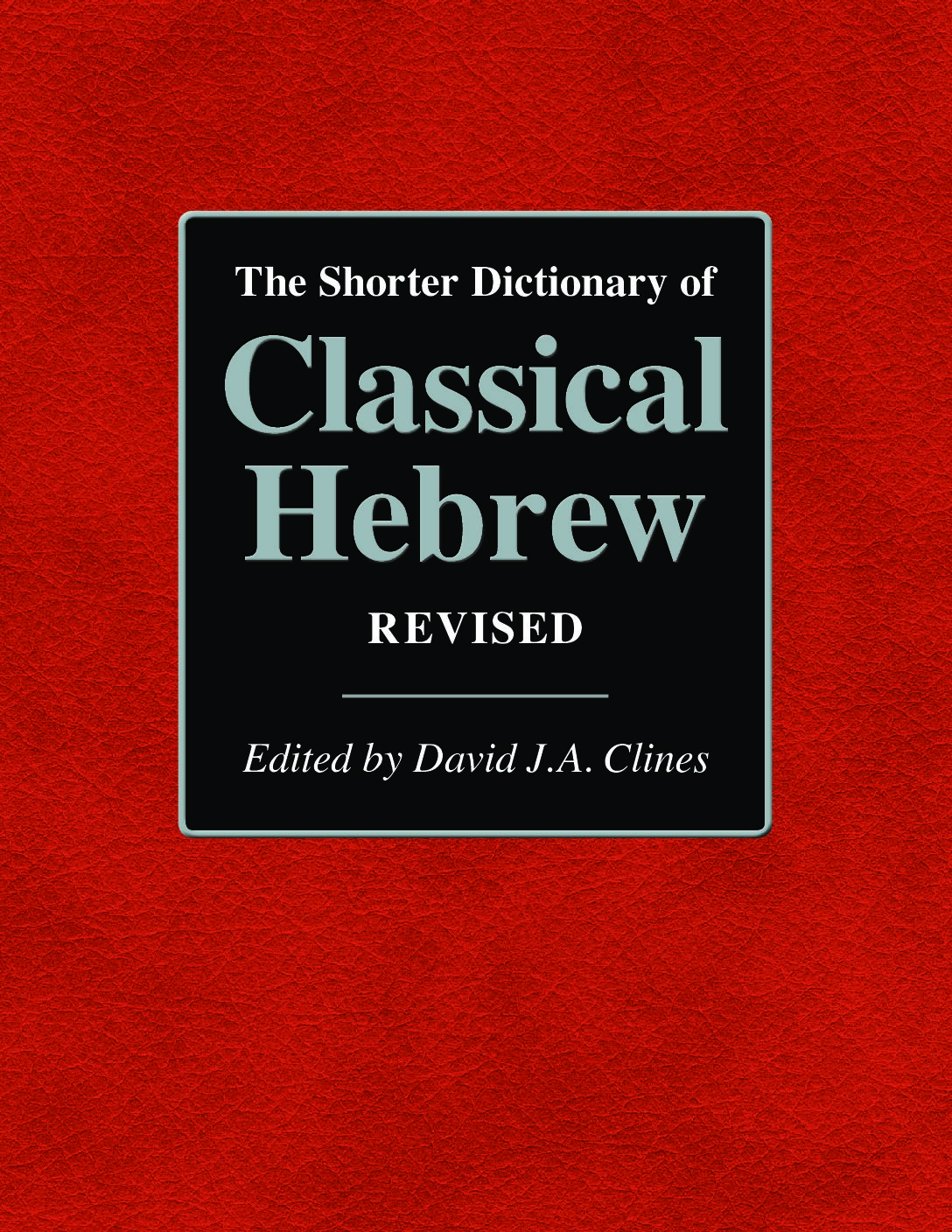Voices of the Wilderness: An Ecological Reading of the Book of Numbers
£50.00
Despite its clear identification with place, Numbers has remained hitherto almost unexplored from the perspective of ecological hermeneutics. Rees attempts to fill this gap, exploring the ways in which the wilderness is rejected in the biblical book and reclaiming its voices.
In the book of Numbers, the people of Israel are journeying to the so-called Promised Land, the land that flows with milk and honey. Getting there, though, takes them through another place, known to modern readers as ‘the wilderness’. This setting gives the book its traditional title, In the Wilderness, and invites a reading of the material from the perspective of that arid and desolate habitat. This explicit identification of a biblical book with a place makes Numbers unique among the canonical books. Yet the wilderness is not a single place. It is a place of remarkable variety and surprising subtlety. Ultimately, the story is one of discontent: the wilderness is rejected as a place, with the promised land that lies ahead seen as a true home, the land of milk and honey, as contrasted with the meagre fare of the wilderness soils.
Despite this clear identification with place, Numbers has remained hitherto almost unexplored from the perspective of ecological hermeneutics. Rees attempts to fill this gap, exploring the ways in which the wilderness is rejected in the biblical book and reclaiming its voices. The soils of the wilderness, the foods of the wilderness, the animals of the wilderness, the waters of the wilderness, each rejected in the narrative at various points, are here foregrounded in order to identify the anthropocentrism at the heart of the story. What unfolds, from the opening narrative of the census onward to the final adjustments to land inheritance, is a near complete disregard in Numbers for the non-human creation.
Additional information
| table of contents | 1. War and Wilderness (Numbers 1–4) 2. Defilement and the Red Heifer (19; 5.1-10) 3. Holy Water (5.11-31; 20) 4. Bloody Animal Sacrifice (7; 15.1-36, 28-29) 5. Mother Moses / Mother Earth / Mother Yhwh (11–14) 6. ‘Earth will swallow us, too’ (16) 7. Staffs of Life (17–18) 8. Sacred Slaughter and Poisonous Snakes (21; 26; 31) 9. Kings, Prophets and Other Donkeys (22–24) 10. Inheritance Matters (27; 36) 11. Conquest, Boundaries, Cities (32–35) 12. Natural Weapons (35.16-34) Conclusion |
|---|---|
| author | |
| authors | |
| editors | |
| isbn | |
| list price (paperback) | |
| page extent | |
| publication | |
| publication date | |
| series | |
| table of contenta | |
| version |



Reviews
There are no reviews yet.